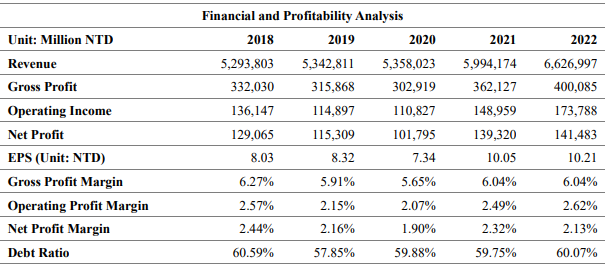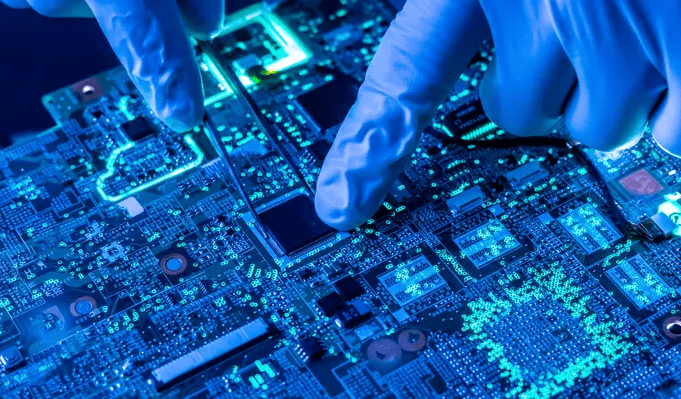The number of semiconductor chips used in electric vehicles in the future may be up to three times higher than today, Taiwan’s Hon Hai projected.
Already, semiconductors account for 30% of the cost of the entire vehicle, of which power semiconductors account for half.
Hon Hai expects the cost of SiC to be higher in the future.
In addition, the company believes that mastering the stable supply and differentiated functions of electronic circuits is the key to electric vehicle manufacturing.
And it is also one of the values of Information and Communications Technology customers.
The company is one of the few companies with the entire semiconductor supply chain, from upstream equipment, design, wafer fabs and packaging to test plants. It secures capacity through minority equity investments, the BOL model, joint ventures and acquisitions, with an asset-light approach.
Semiconductor chips
Hon Hai’s annual chip procurement exceeds $70 billion.
Apart from advanced production processes, many of these production processes are mature.
In the past three years, the supply of chips from mature processes has been scarce, resulting in a bottleneck in product production.
However, with the scale advantage, Hon Hai claims that it has obtained sufficient supply and guaranteed the shipping demand from customers.
Hon Hai (Foxconn)
In 2022, Hon Hai’s four major product lines maintained their growth despite persistent pandemics, high inflation and slowing economic growth.
Among them, cloud networking products benefited from strong demand in the server market, with strong double-digit growth.
Products for computer terminals also experienced significant growth thanks to improved material conditions.
As for intelligent consumer products, with strong demand for new models, despite the negative impact of the pandemic for the Zhengzhou plant in the fourth quarter, a rapid return to normalcy was achieved thanks to the efforts of all employees; the overall performance of this category continued to grow last year.
Finally, the components and other products categories, benefiting from sales of acoustic products and smart consumer products, which drive component shipments, maintained their performance growth.

